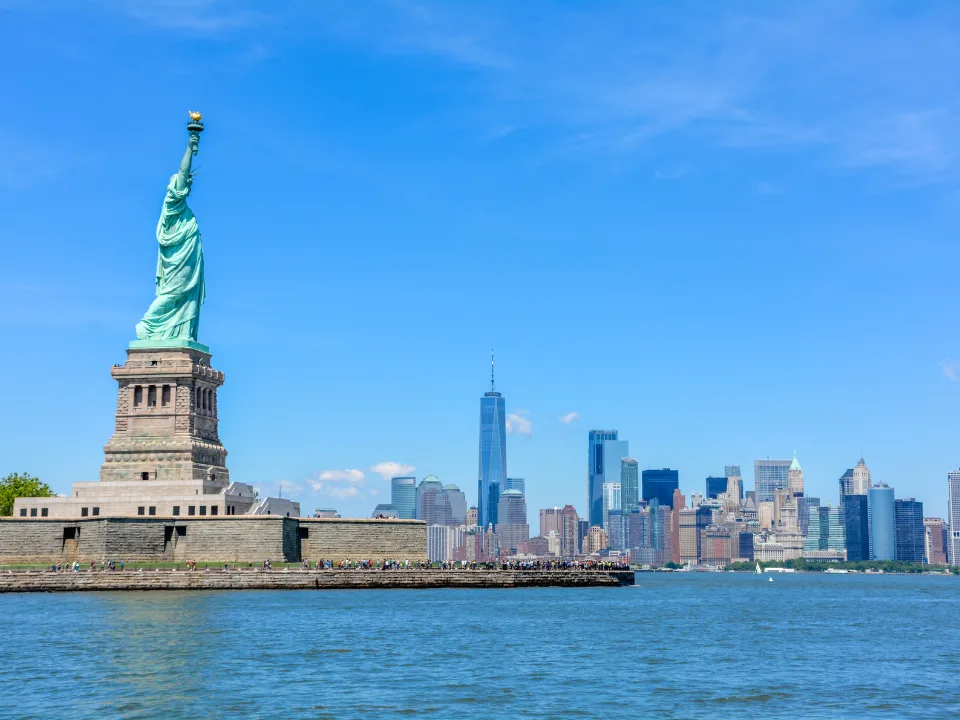- Watertown’s life sciences footprint grew from two properties to nearly 3.8 MSF, with another 1.46M planned or proposed, becoming a major industry hub.
- Life sciences companies now account for over 25% of Watertown’s property tax revenue, fueling transformative public investments in schools and infrastructure.
- With a rising life sciences vacancy rate, Watertown faces new competition from projects in nearby cities as industry expansion slows.
According to Commercial Observer, just a few years ago, Watertown was best known for its retail and residential offerings, with major employers like Home Depot and UPS.
Today, it stands out as one of the fastest-growing life sciences hubs in the country, boasting a life sciences footprint that rivals New York City’s. Watertown’s strategic location, affordability, and quality of life have attracted companies seeking alternatives to Cambridge’s limited and expensive space.
Life Sciences Boom
The COVID-19 pandemic accelerated investment in life sciences across Boston and its suburbs. By 2020, Cambridge’s life sciences space was almost entirely occupied, and rents were among the highest in the U.S., peaking at $100 PSF for triple-net leases.
This lack of affordable, available space pushed demand into nearby Watertown, where developers, including Alexandria Real Estate Equities (ARE) and the Davis Companies, had begun converting properties for biotech use.
Benefiting the Public
The surge in life sciences investment has profoundly benefited Watertown’s public sector. Life sciences companies now contribute more than 25% of Watertown’s property tax revenue, funding substantial public projects, including a $200M LEED Platinum net-zero high school and the renovation of several elementary schools.
These initiatives were completed without increasing property tax limits, showcasing the powerful fiscal impact of life sciences investments.
Get Smarter about what matters in CRE
Stay ahead of trends in commercial real estate with CRE Daily – the free newsletter delivering everything you need to start your day in just 5-minutes
Challenges Ahead
With life sciences investment slowing since the 2021 peak, Watertown’s life sciences vacancy rate has spiked to 42%. Rising interest rates, inflation, and slowed venture capital funding have softened demand, prompting developers to delay or reassess projects.
Alexandria Real Estate, a leading player in the sector, has paused some plans in Watertown, awaiting market clarity.
Watertown now also faces new competition from Somerville and other Boston suburbs, as well as from Cambridge itself, where vacancy rates have improved. To remain competitive, Watertown developers are offering enhanced tenant amenities and concessions.
Industry indicators, including higher IPO and M&A activity, hint at a potential market rebound that could stabilize Watertown’s life sciences sector in the coming years.
















